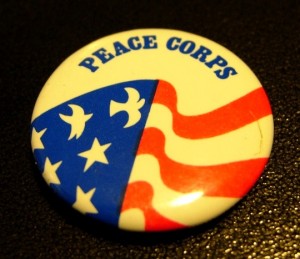When President John F. Kennedy appointed Adlai Stevenson as the United States ambassador to the United Nations in 1961, the former governor of Illinois and two-time presidential candidate was disappointed. Stevenson had hoped to the lead the new administration’s foreign policy as secretary of state. Instead, Kennedy placed Stevenson in a supporting role that focused mainly on public relations. As a skilled orator, experienced politician, and global citizen, Stevenson seemed to offer the ideal advocate for both the United States and the United Nations. He exemplified these qualities in the drama surrounding the Cuban Missile Crisis in 1962. However, Becca Solnit argues in her article,“Adlai Stevenson’s United Nations Rite of Passage” that despite the apparent success of the Cuban Missile Crisis, Stevenson felt personally defeated. The ambassador soon resigned himself to a role of figurehead rather than policy maker, and steadily abandoned his faith in negotiation. By the time the escalating Vietnam War became a focal point of UN activities, Stevenson no longer had the heart to fight for a US role in the UN. To understand Stevenson’s evolution, Solnit turns to Stevenson’s own words as well as testimony from his closest friends and colleagues, such as Arthur M. Schlesinger Jr. Solnit also examines shifting American perceptions of the UN during the 1960s.
Go to “Adlai Stevenson’s Public Relationship with the UN” by Becca Solnit
This article has been adapted from a paper originally submitted to Prof. Pinsker’s US Diplomatic History class (History 382) during fall semester 2009.



